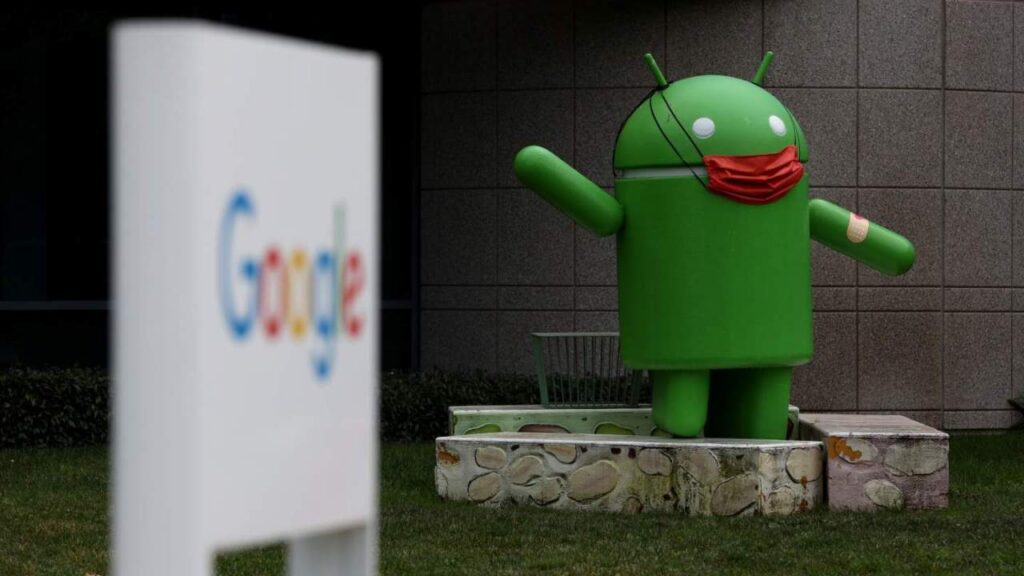Fresh legal issues are brewing for Google after Purdue University filed a lawsuit against technology giants that accused a smartphone-related patent violation. According to Reuters, Google allegedly violated one of the Purdue University patents that detected bugs related to power management in written code. The lawsuit submitted by the Purdue Research Foundation accused that Google found patent Purdue University Y Charlie Hu (and its code) in an article and entered the code that violated to Android Lint which was the Android Studio Development Kit Precursor. Violations occurred almost a decade ago – in 2012 – but the university accused that Google continued to use this violated code pieces to this day.
Per law: “on June 13, 2012, Google Engineer Angan Ghosh posted a utas to the AndroidDevTools forum that brought the Professor Hu Conference Preview article June 25
Presentation for the attention of other developers involved with Android Studio and Android Lint. “The document runs to suggest that” a few days later, on June 15, 2012, Google Engineer Tor Norbye showed that some of the bugs described in the preliminary article might be possible to capture the use of Android Lint, and decided to find out how to recognize such power bugs. “This lawsuit shows that violating the implementation of the discovery of the HU Professor is implemented in the code contained in WakelockDetector.java, which itself is combined into an Android tool repository on December 12, 2012.
Purdue University filed a lawsuit in the US District Court for the West Texas district and now claimed royalties and the amount of money that was not disclosed in damage. In addition, the lawsuit claimed that Google committed intentional patent violations and that the technology giant refused to be involved with basic Purdue research officials when they tried to contact the technology giant in connection with patents.
Per law: “on June 13, 2012, Google Engineer Angan Ghosh posted a utas to the AndroidDevTools forum that brought the Professor Hu Conference Preview article June 25
Presentation for the attention of other developers involved with Android Studio and Android Lint. “The document runs to suggest that” a few days later, on June 15, 2012, Google Engineer Tor Norbye showed that some of the bugs described in the preliminary article might be possible to capture the use of Android Lint, and decided to find out how to recognize such power bugs. “This lawsuit shows that violating the implementation of the discovery of the HU Professor is implemented in the code contained in WakelockDetector.java, which itself is combined into an Android tool repository on December 12, 2012.
Purdue University filed a lawsuit in the US District Court for the West Texas district and now claimed royalties and the amount of money that was not disclosed in damage. In addition, the lawsuit claimed that Google committed intentional patent violations and that the technology giant refused to be involved with basic Purdue research officials when they tried to contact the technology giant in connection with patents.
More than one patent infringement?
The Reuters report also quoted a spokesman for Purdue University who accused that Google violated more than one Purdue patent. Because the existing lawsuit only talks about single patent violations, the university plans to add additional patent violations on complaints if Google does not agree to negotiate their license.
Purdue added that the university received a patent for the piece of code in 2019, after they sent Google notification of violations in August 2021. However, Google did not respond to university complaints and continued to use the patented code on its products. to this day. Purdue University officials said they also tried to meet Google for several weeks, but the answer was less encouraging and that Google refused “reasonable conditions” for the meeting.
Google spokesman José Castañeda revealed that it was checking the charges of Purdue University and that it would “vigorously” defend himself if the accusation did not have a substance.
If Google chooses legal assistance, it can set a course for a long-drawn legal battle for the search giant. Google is famous for being involved in a long legal war with Oracle recently like last year. Google did it, in the end, won a case at the Supreme Court M. and avoided Oracle’s $ 9 billion payment

